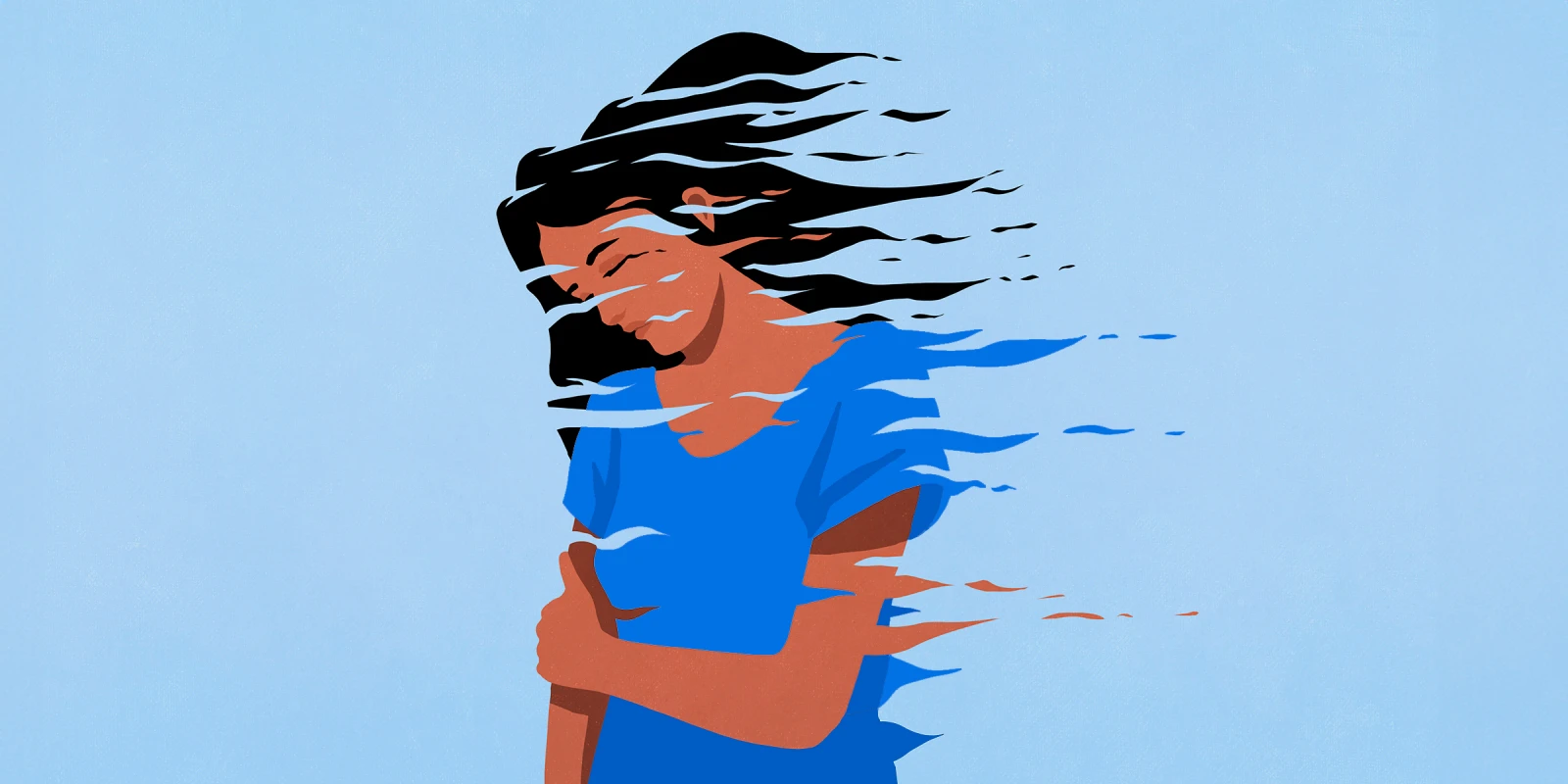During my first year of medical school, I made the choice to take a medical leave of absence, and at one point, had no intention of returning. Although it was my dream from a young age to become a physician, depression became a hindrance to my well-being and led to the demise of my mental health. Anxiety began to contribute, which made me so unwell I dropped 15 pounds in three months and could not sleep for days at a time. Nonetheless, when I healed and was deciding whether I wanted to return to school, my own psychiatrist told me something that would stick with me for the rest of my career — depression should not be the deterrent of me going back, it’s whether I wanted to go through the labor of the field. Let not the decision be based on how I feel, he said, for my distorted thinking process could be treated, but the decision to leave medicine could not be reversed. This sound advice changed the trajectory of my life and gave me something to bring into practice one day. My return to medical school has been the greatest decision I have made, and it’s because I didn’t let the depression win. With this in mind, I am writing this commentary to highlight some of the main barriers to treating this debilitating disease, and to focus on realistic treatment goals and expectations. Because of my personal experience tackling depression and anxiety head on, I want to bring awareness to the struggles medical students and physicians often face behind closed doors and focus on tackling these barriers, so that clinicians and students can seek the treatment needed in order to be their competent selves.
Mental disease is not taken as seriously as physical illness. It baffles me when people take time off from work for a physical crisis, yet would never think of doing so when in psychological distress. Research has suggested that depression is linked to lower grade point averages and even higher rates of dropout for students. When this is co-associated with anxiety, the prevalence is even higher. Despite the clear negative effects that poor mental health has on peoples’ success and outcomes, there is a huge barrier to treatment because of the lack of equating depression to a physical health problem. The notion that mental health problems are not as serious or debilitating to one’s health is simply not true. My future patients will be taught it is imperative to give oneself the same rest and adequate treatment for depression as one would for a physical ailment. Downplaying depression will be the silent killer of this generation, where mental health problems are more prevalent than ever.
Growing up as an Egyptian-American in a predominantly Middle Eastern community, speaking about mental health was controversial. Oftentimes in the cultures of the Oriental Middle East and Asia, having a mental health condition is looked down upon, resulting in individuals suppressing their emotions and pain in order to not be seen as weak. On TikTok or other social media sources, there are videos mocking parents of certain cultures who don’t believe depression and other psychiatric conditions are real. This corroborates the notion that people from certain cultures stigmatize mental illness as a weakness, thereby contributing to these patients suppressing their pain. A study conducted in Egypt proved that 50% of family members would not accept another family member if they were diagnosed with a mental condition. This tendency to avoid speaking openly about depression because of its negative stigma within certain cultures is another major barrier to tackle. We can improve this by encouraging open discussion within families and communities through things like talk therapy, as well as physicians using their platform to encourage speaking openly about these matters. Although society is starting to see a trend in the positive direction when it comes to speaking about mental health, there is still much to improve on!
Finances are another imperative barrier to tackle. The cost of treatment can be discouraging to many, especially for maintenance of their condition. Depression can be a lifelong disease that requires continuous psychological and psychiatric services. Patients who lack insurance that covers these services can be left with a hefty bill that complicates the difficult situation. Just as a diabetic needs continuous insulin to survive, a depressed patient needs their medication and therapy to heal and prevent relapse. We can even see parallels between the two conditions, as they are relentless and costly. The U.S. not having universal health care remains a controversial topic but is a discussion worth mentioning in this circumstance. Therefore, a reduction in cost of therapy and health insurance in general can make a positive difference in reducing the financial barrier to treatment.
First, I want to advise anyone struggling mentally to give themselves grace, as healing is not a linear process and can take time. The negative stigma surrounding depression is a necessary hurdle to tackle, as people often suffer silently at its expense. Secondly, have hope for a better future. In the moment, it feels as though everything around you is crumbling; however, the situation will improve. Your transient difficult time will pass and the future will pave a much better road.
I am now in my second year of medical school and have been successful in my academic endeavors due to effective treatment and not letting depression get the best of me! With the suggestions above, I believe we have a great proposition to reduce the barriers of treatment for depression.
What more can be done to break the stigma around mental health in medicine? Share in the comments.
Sonia Bishara is a second-year medical student at Touro University Nevada College of Osteopathic Medicine, Class of 2027. When not learning medicine, she serves in her Coptic Orthodox Church community, plays basketball, and travels abroad frequently.
Image by Malte Mueller / Getty Images






